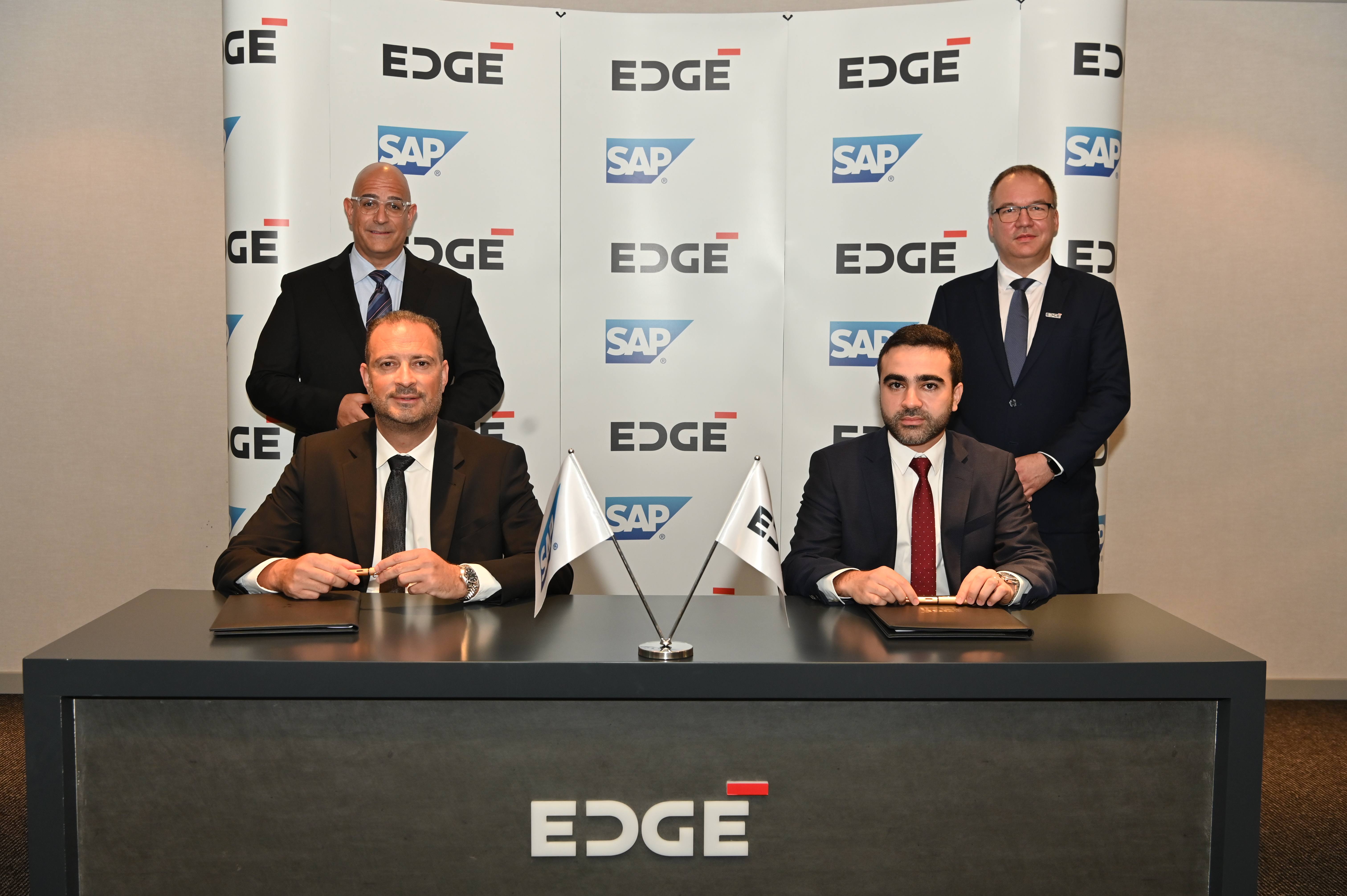Edge Group, a company shrouded in secrecy for much of its existence, has achieved a significant milestone, surpassing $16. 33 billion in contracts awarded since its founding. The details surrounding the specific nature of these contracts remain elusive, but industry insiders speculate they are likely tied to government defense or intelligence programs due to the substantial sums involved.
Edge Group's rise coincides with a growing trend of government agencies contracting with private firms for specialized services. This shift stems from a desire to leverage cutting-edge technologies and expertise often unavailable within the traditional government bureaucracy. Edge Group, with its veiled background, is particularly well-positioned to cater to such requirements, offering clients a capability for discretion alongside its technical prowess.
While the company maintains a low public profile, some clues exist regarding its areas of operation. Job postings on Edge Group's website hint at expertise in unmanned aerial vehicles (UAVs), also known as drones, and advanced weapons systems. This focus aligns with current geopolitical realities, where drone technology plays an increasingly prominent role in modern warfare.
The substantial value of Edge Group's contracts underscores the growing importance of private military contractors (PMCs) in the global security landscape. PMCs offer governments a compelling alternative to deploying their own troops, particularly for sensitive or covert operations. This trend, however, has also sparked debates about accountability and oversight, with concerns raised about the potential for PMCs to operate outside the law.
Edge Group has not been immune to such scrutiny. In recent years, there have been allegations of civilian casualties resulting from drone strikes carried out by companies like Edge Group. These incidents have reignited discussions about the ethics of outsourcing warfare and the need for stricter regulations governing PMCs.
Looking ahead, Edge Group's future trajectory is likely intertwined with the evolving role of PMCs. The demand for their services appears set to continue, driven by factors such as the rise of asymmetric warfare and the growing sophistication of technology. However, the company will need to navigate the increasingly complex legal and ethical landscape surrounding PMCs to maintain its momentum.

